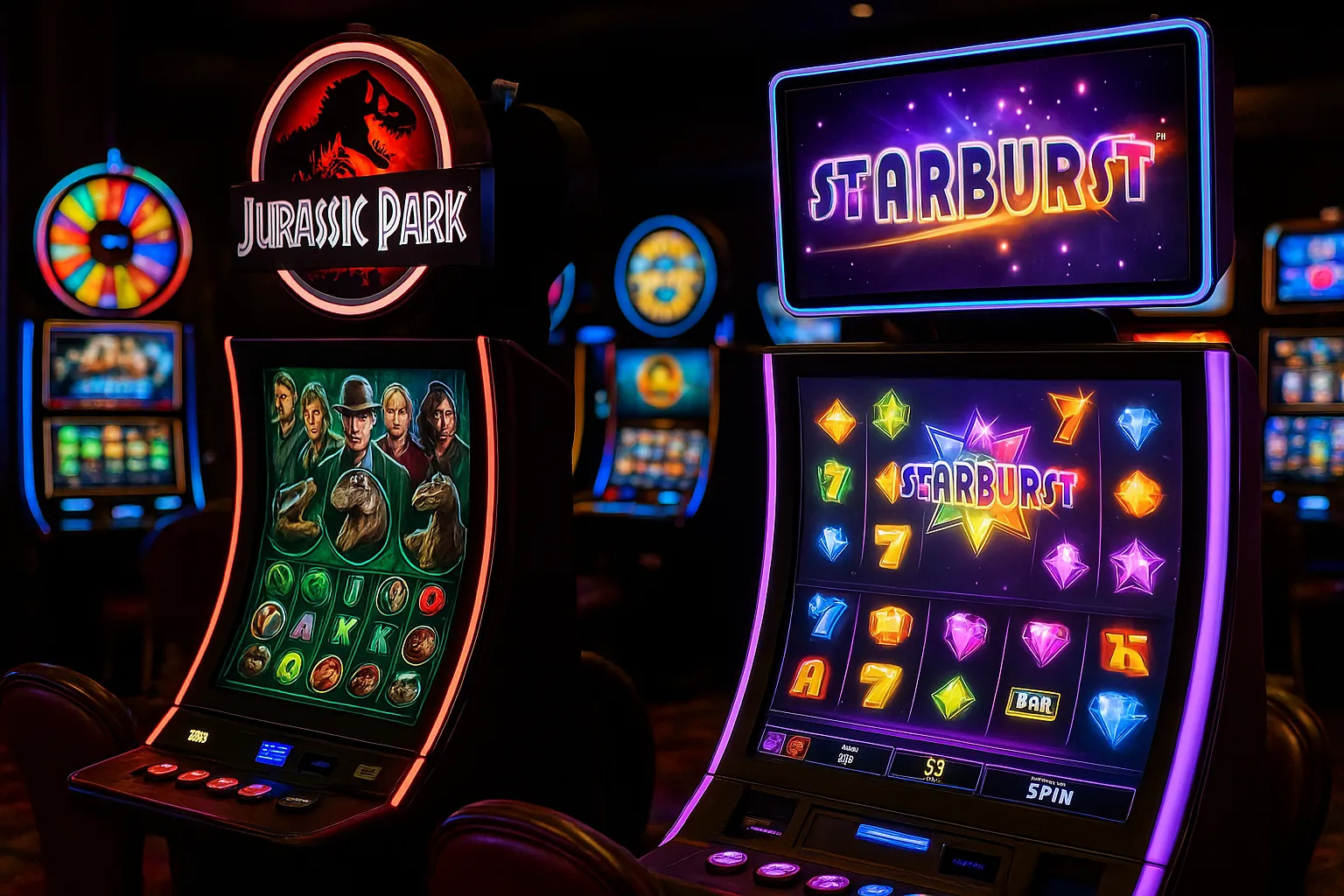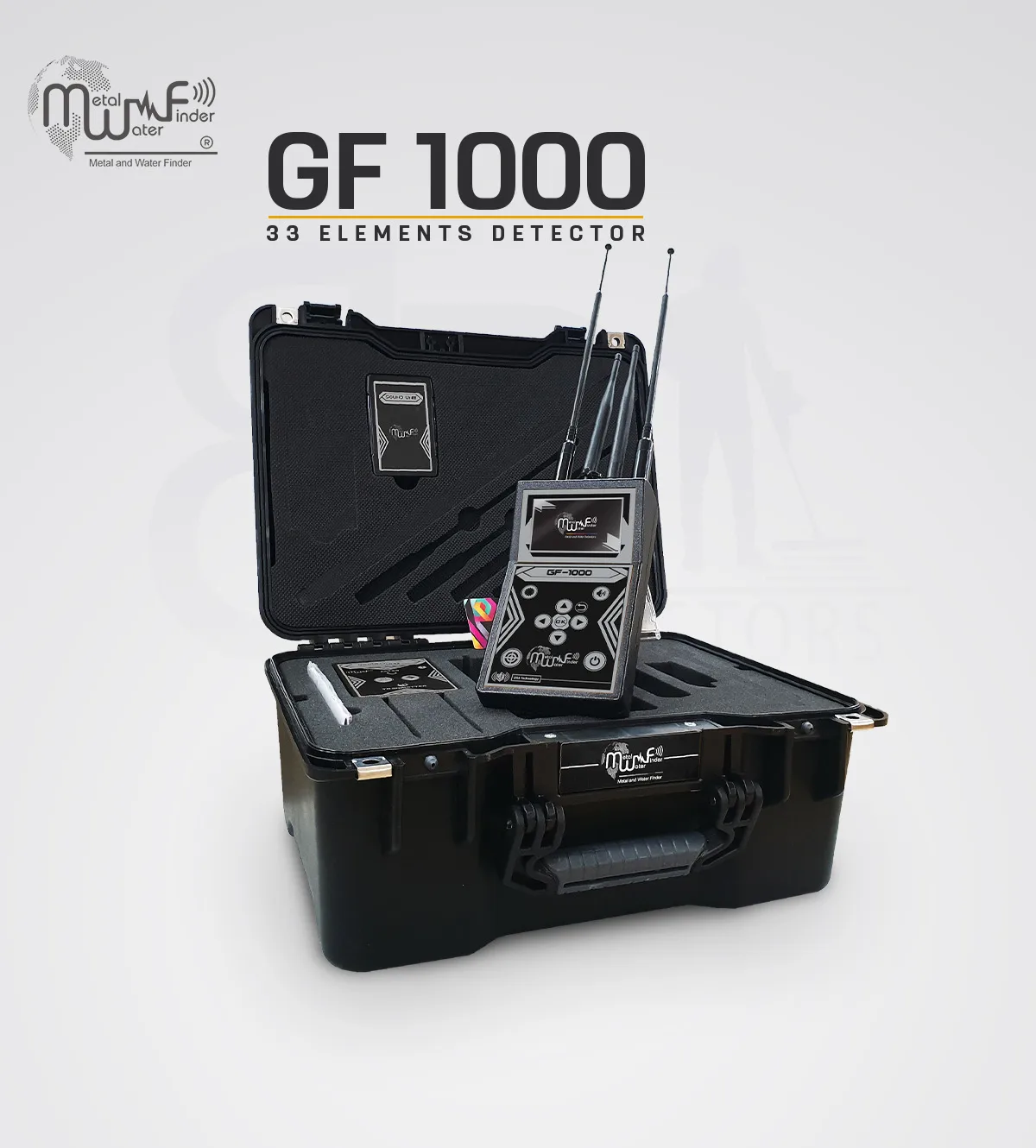If you’ve ever walked through a casino floor or scrolled through an online slots library, chances are you’ve noticed a pattern: branded slots. These are games tied to popular TV shows, movies, musicians, or even video games. Think of slot machines based on hit series like Game of Thrones, movies like Jurassic Park, or musical icons like Guns N’ Roses. Their presence is impossible to ignore, and it raises an important question—do branded slots really perform better than original creations designed entirely from scratch?
As someone who has played both types extensively and followed industry trends closely, I can tell you the answer isn’t as straightforward as it may seem. The performance of branded slots depends on multiple factors, ranging from marketing pull to gameplay design and long-term player loyalty. Let’s unpack the truth behind the hype.
Why Branded Slots Grab Attention Immediately
Branded slots come with built-in recognition. When a player sees a slot themed around their favorite TV show or movie, they already feel a sense of familiarity. This psychological connection reduces the hesitation of trying something new. Casinos and game providers know this well, which is why they often invest heavily in licensing popular brands.
For example, a Jurassic Park slot instantly attracts fans who want to relive the movie’s excitement through reels, symbols, and soundtracks. The marketing cost may be higher for developers due to licensing fees, but the return often comes in the form of higher initial engagement. Players are drawn in not just for the mechanics, but for the immersive experience of playing in a world they already love.
The Strength of Original Creations
Original slot games, on the other hand, don’t rely on outside intellectual property. Instead, their strength lies in innovation and unique mechanics. These games must create their own identity through themes, features, and math models. Titles like Book of Ra or Starburst prove that originality can stand the test of time, with loyal players coming back year after year.
Without the burden of licensing fees, developers can focus more on design, volatility, and gameplay innovation. This often leads to fresher mechanics and concepts that push the industry forward. Where branded slots sometimes risk being cookie-cutter adaptations, original slots can become trendsetters.
Performance: Short-Term vs Long-Term
The performance of branded slots tends to spike early. They launch with fanfare, often backed by aggressive marketing campaigns. Players rush to try them out because of their familiarity, but retention isn’t always guaranteed. If the gameplay feels shallow, players move on quickly, regardless of the brand attached.
Original slots, however, usually build success more gradually. Without a famous name to lean on, they need strong mechanics and replay value to attract loyal players. Over time, these games often outperform branded ones in terms of long-term engagement. The difference boils down to short-term attraction versus long-term retention.
What Players Really Value
From my experience and conversations with fellow players, the deciding factor isn’t branding—it’s fun and fairness. Players stick with slots that:
-
Offer exciting bonus features and rewarding mechanics.
-
Provide fair RTP (return-to-player) percentages.
-
Deliver a smooth, immersive experience without glitches.
A flashy name may get someone to click “play,” but gameplay quality determines whether they’ll come back tomorrow.
A Shift in Casino Trends
Interestingly, the broader casino landscape is also influencing how slots perform. With the rise of no kyc online casinos, accessibility has become a major factor. These platforms focus less on marketing gimmicks and more on quick onboarding, fast withdrawals, and player privacy. In that environment, the distinction between branded and original slots matters less than the quality of the game itself.
Players entering such casinos often experiment with a mix of branded and original slots, but over time, they gravitate toward whichever delivers a better balance of excitement and value.
Real-World Examples
Take Game of Thrones, one of the most popular branded slots. It initially attracted massive attention due to the show’s global fan base. However, many players reported disappointment because the gameplay didn’t match the expectations set by the brand. The novelty wore off, and its long-term popularity lagged behind original titles that offered richer mechanics.
On the flip side, look at Starburst—an entirely original creation by NetEnt. With no famous name attached, it became one of the most-played slots in history. Its simplicity, frequent small wins, and colorful design kept players engaged for years. It’s proof that originality, when done right, can outperform branding.
The Developer’s Perspective
For game developers, the decision between making a branded slot or an original one is a balancing act. Branded slots bring immediate visibility but come with steep licensing costs. Original games offer creative freedom but require more effort in building recognition.
From a financial standpoint, branded slots can be riskier for smaller studios because they must pay royalties even if the game doesn’t succeed. Larger developers with big marketing budgets can afford to gamble on these deals, while indie developers often stick to original ideas.
Final Thoughts
So, do branded slots perform better than original creations? The honest answer is: it depends on how you measure performance. If you’re looking at initial hype and player acquisition, branded slots usually come out on top. But if you care about longevity, replay value, and building a loyal player base, original creations often prove stronger in the long run.
As players, we should approach slots with curiosity rather than bias. Try both types and decide based on gameplay, not just the name attached. Ultimately, whether it’s a slot tied to a blockbuster movie or a fresh design from an independent studio, what matters most is how much fun you’re having on the reels.








